Fascinating Insights into the Nobel Prize: A Comprehensive Overview
Written on
Chapter 1: The Origins of the Nobel Prize
On November 27, 1895, Alfred Nobel, born Alfred Bernhard Nobel on October 21, 1833, in Stockholm, Sweden, allocated the majority of his wealth to establish a series of awards in the fields of physics, chemistry, physiology or medicine, literature, and peace, collectively known as the Nobel Prizes. Here are several compelling facts regarding the Nobel Prize: On December 10, 1901, the inaugural Nobel Prizes were presented in Stockholm and in Christiania (now Oslo). Between 1901 and 2022, the Nobel Prizes have been awarded to individuals 959 times and organizations 30 times. Notably, there have been 49 instances since 1901 when the Nobel Prizes were not conferred.
In an interesting turn of events, four laureates were compelled by authorities to refuse their awards: Richard Kuhn (1938, Nobel Prize for Chemistry), Adolf Butenandt (1939, Nobel Prize for Chemistry), Gerhard Domagk (1939, Nobel Prize in Physiology or Medicine), and Boris Pasternak (1958, Nobel Prize in Literature). Furthermore, four laureates were under arrest when they received their prizes: Carl von Ossietzky (1935, Nobel Peace Prize), Aung San Suu Kyi (1991, Nobel Peace Prize), Liu Xiaobo (2010, Nobel Peace Prize), and Ales Bialiatski (2022, Nobel Peace Prize).
Additionally, two laureates opted to decline their prizes: Jean-Paul Sartre (1964, Nobel Prize in Literature) and Le Duc Tho (1973, Nobel Peace Prize). The work of the International Committee of the Red Cross (ICRC) has been recognized with three Nobel Peace Prizes (1917, 1944, 1963).
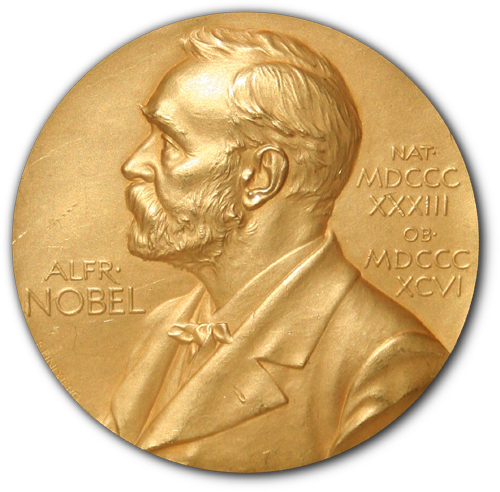
Chapter 2: Unique Laureates and Their Achievements
Only two individuals have received two Nobel Prizes in different categories: Marie Curie (Physics in 1903, Chemistry in 1911) and Linus Pauling (Chemistry in 1954, Peace in 1962). Notably, Linus Pauling is the sole recipient of two unshared Nobel Prizes.
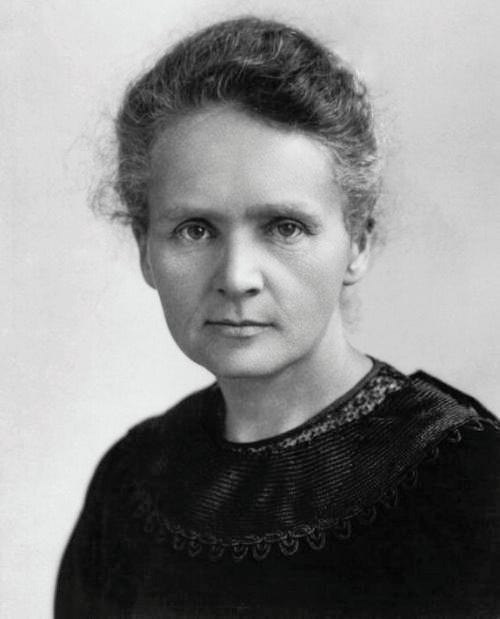
Three individuals have been awarded two Nobel Prizes in the same field: John Bardeen (Physics in 1956 and 1972), Frederick Sanger (Chemistry in 1958 and 1980), and Karl Barry Sharpless (Chemistry in 2001 and 2022). The United Nations High Commissioner for Refugees (UNHCR) has also been honored with two Nobel Peace Prizes (1954 and 1981).
The youngest Nobel Prize recipient is Malala Yousafzai, who was just 17 years old when awarded the Nobel Peace Prize in 2014.
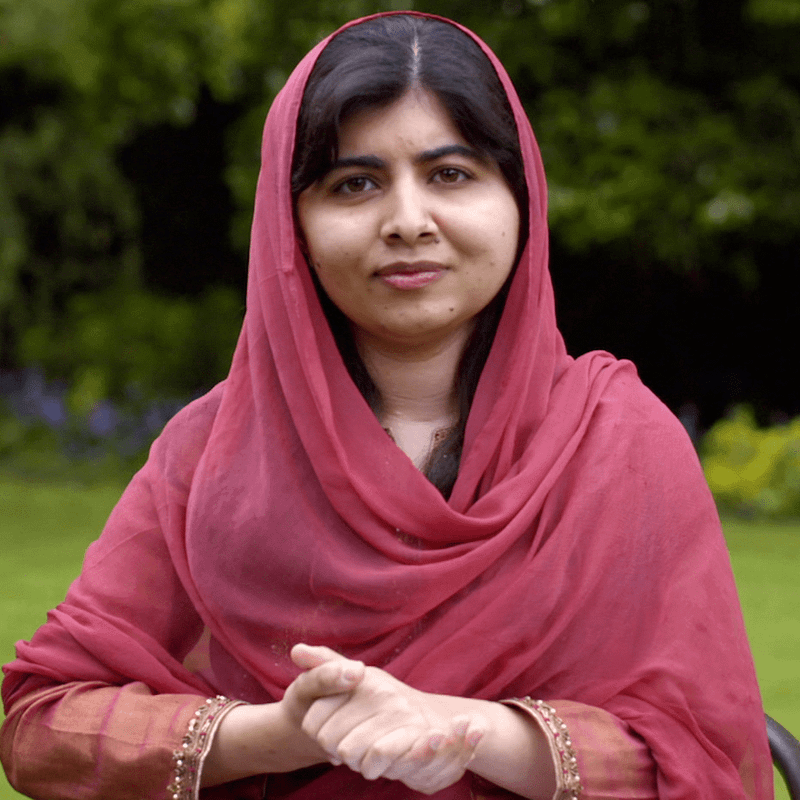
Conversely, the oldest laureate is John B. Goodenough, who received the Nobel Prize for Chemistry at the age of 97 in 2019.
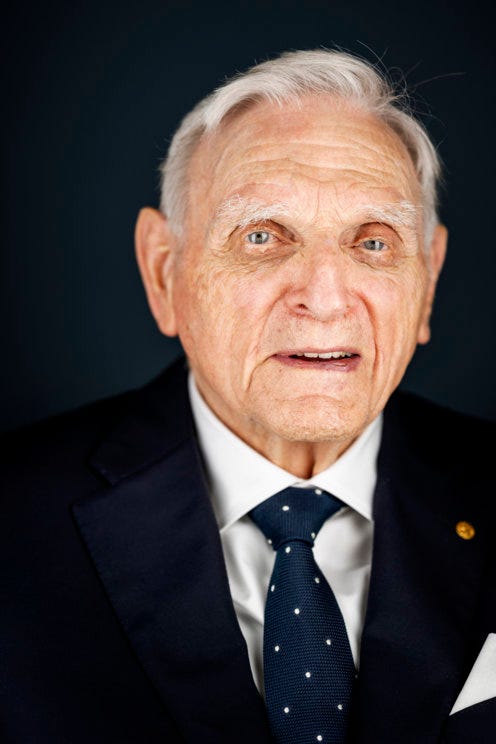
According to the Statutes of the Nobel Foundation, since 1974, posthumous awards are only granted if the individual passes away after the announcement of the Nobel Prize.
At the award ceremonies held on December 10, laureates receive three items: a Nobel Prize diploma, a Nobel Prize medal, and a document that verifies the amount awarded. Each diploma is a unique piece of art created by renowned Swedish and Norwegian artists and calligraphers.
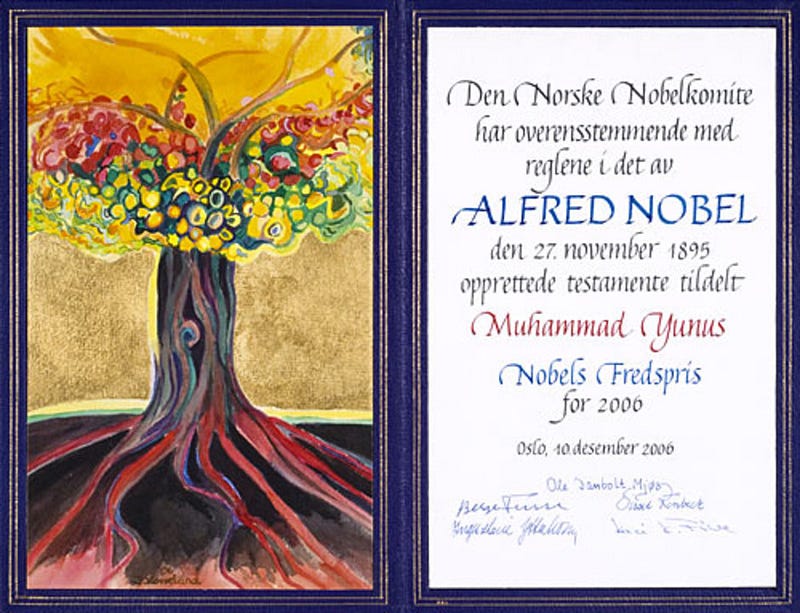
Chapter 3: The Family Legacy of Nobel Laureates
The families of Nobel Prize winners often share remarkable legacies. Notably, there are couples such as Marie and Pierre Curie, Irène Joliot-Curie and Frédéric Joliot, and Gerty and Carl Cori. There are also father-son pairs like William and Lawrence Bragg, Niels and Aage N. Bohr, and Hans von Euler-Chelpin with his son Ulf von Euler.
Interestingly, the absence of a Nobel Prize in Mathematics has often been speculated to be due to a personal reason involving Alfred Nobel's romantic life, though this claim remains unsubstantiated.
The first video titled "The Nobel Prize Explained: 13 Interesting Facts" delves into various aspects of the Nobel Prize, revealing intriguing tidbits and insights.
The second video, "15 Interesting Facts About The Nobel Prize," further explores the significance and history of these prestigious awards, providing a deeper understanding of their impact on society.